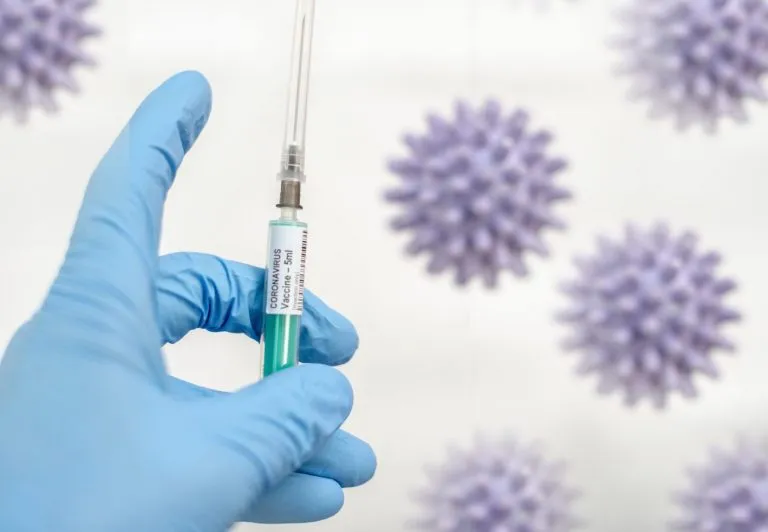The US Food and Drug Administration has granted approval to updated COVID-19 vaccines from Pfizer and Moderna, designed to provide better protection against recently circulating virus strains. This decision comes earlier than expected, as a summer wave of the virus continues to affect most of the country. The Centers for Disease Control and Prevention has already recommended the updated vaccine for individuals aged six months and older. The updated vaccine targets newer strains of the omicron variant, specifically a subtype called KP.2, which was prevalent earlier this year. While additional offshoots, such as KP.3.1.1, are now spreading, they are closely enough related to KP.2 that the vaccines are expected to provide cross-protection.
Pfizer submitted data to the FDA showing that its updated vaccine generates a substantially improved response against multiple virus subtypes compared to the previous vaccine. This is expected to provide enhanced protection against currently circulating variants. The FDA’s approval marks a significant development in the fight against COVID-19, as it enables Pfizer and Moderna to begin shipping millions of doses of the updated vaccine. Novavax, a third US manufacturer, is also expected to release its updated vaccine version soon.
The unprecedented outbreak of COVID-19 has highlighted the importance of frequent updates to vaccines in order to stay ahead of the evolving virus. Dr. Peter Marks, the FDA’s vaccine chief, strongly encouraged eligible individuals to consider receiving an updated COVID-19 vaccine to provide better protection against currently circulating variants. The rapid evolution of the virus has necessitated the development of updated vaccines to counteract its changes. The rollout of these new vaccines is expected to play a crucial role in mitigating the spread of COVID-19 and minimizing the impact of future outbreaks.

Vaccines Adapt to Combat Evolving COVID Strains Effectively (Image via Getty)
The approval of these updated vaccines comes as a welcome development in the fight against COVID-19. The vaccines are expected to provide better protection against the virus, which has continued to evolve and mutate over time. The fact that the vaccines can provide cross-protection against multiple virus subtypes is particularly noteworthy, as it suggests that they may be able to provide protection against a wider range of strains.
The development and distribution of these updated vaccines is a critical step in the fight against COVID-19. The vaccines have been shown to be highly effective in preventing severe illness and hospitalization due to COVID-19, and the updated versions are expected to provide even better protection against the virus. The widespread availability of these vaccines is likely to have a significant impact on the spread of COVID-19, and it is hoped that they will help to bring an end to the pandemic.
The approval of these updated vaccines is also a testament to the ongoing efforts of vaccine manufacturers, regulators, and public health officials to stay ahead of the evolving virus. The development and distribution of these vaccines are a complex process that requires careful coordination and planning, but the end result is well worth it. The vaccines have the potential to save countless lives and prevent widespread illness, and they are a critical tool in the fight against COVID-19.


























